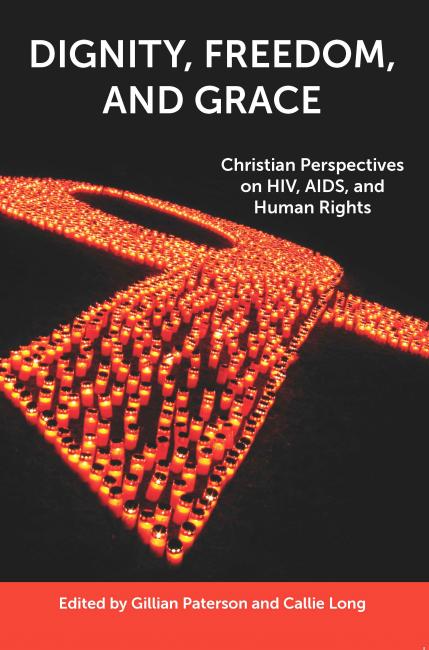Displaying 1 - 20 of 23
HIV and AIDS Civil Society Networks and the Faith Sector
Lessons Learnt from Strategic Engagement in India, Dominican Republic, Indonesia, and Jamaica
31 January 2023
Passion and Compassion: The Ecumenical Journey with HIV
15 March 2016


